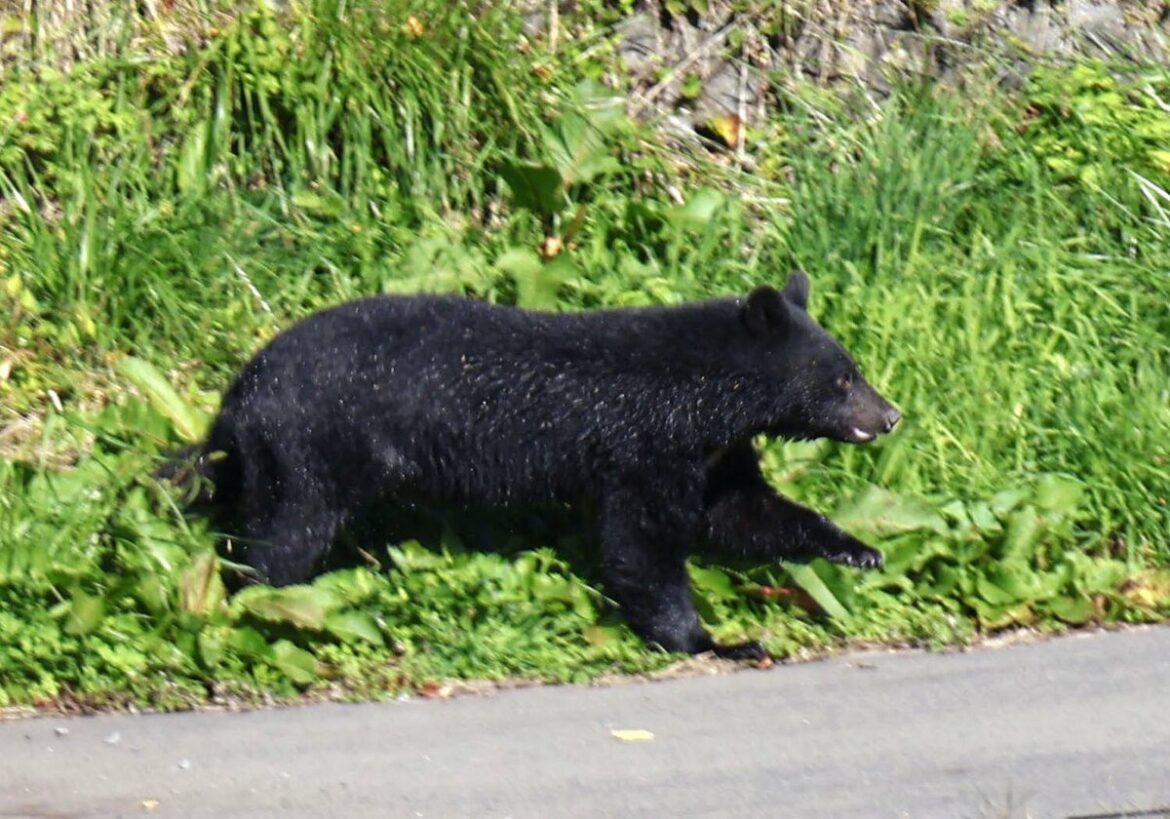TOKYO – Japanese researchers said Sunday that people mauled by bears tended to avoid more severe injuries when they lay face down and covered their heads and necks, as the country faces a record number of fatal attacks this fiscal year.
The Environment Ministry said nine people have died in bear attacks across Japan so far in fiscal 2025, which began in April — the highest annual total on record.
A research group from the graduate school of Akita University in northeastern Japan surveyed 70 people injured in bear attacks in the prefecture during fiscal 2023, when six fatalities were reported nationwide, the second-highest figure on record.
The study confirmed that facial, hand and arm injuries were the most frequent, while all seven people who lay face down and covered their heads and necks with their hands to protect themselves escaped serious injuries.
Yuki Ishigaki, an orthopedic surgeon at the graduate school, said, “It is important for people to understand bear habits and learn effective ways to protect themselves from attacks.”
Ishigaki said his team reviewed injury details by linking Akita Prefecture’s database on bear-related casualties with medical records of people who sought treatment in the area during fiscal 2023.
The 70 injured people had an average age of 70. Facial wounds accounted for 55.7 percent, followed by hands and arms at 54.3 percent and head injuries at 44.3 percent, with most cases affecting mainly the upper body.
As bears often rise to a standing posture when threatening or attacking, their victims are often targeted in the face and head, the researchers said.
The Environment Ministry asks people to curl up or lie face down to protect their head, neck and abdomen if they encounter a bear at close range. The study noted that the seven who took such a posture were spared serious injuries despite wounds to their hands or arms.
Bear attacks are believed to have an impact comparable to traffic accidents. The study showed the injured were hospitalized for an average of 12.8 days and continued outpatient treatment for an average of 99.0 days.
According to the study, 23 people suffered severe injuries, such as multiple bone fractures. Some were left with lasting effects, including facial nerve paralysis, while two had not been able to return to work.
Ishigaki emphasized that facial wounds caused by bears cannot be easily hidden and often leave lasting aftereffects, causing major difficulties in daily life.
On Sunday, meanwhile, Akita Gov. Kenta Suzuki said on social media that he will request consideration of dispatching Self-Defense Forces personnel, as bear attacks have become increasingly serious in the prefecture.
Suzuki said arrangements are being made for his visit to the Defense Ministry, adding that the situation has gone beyond what local governments can handle and that those on the ground are reaching their limits amid the surge in bear-related damage.


AloJapan.com